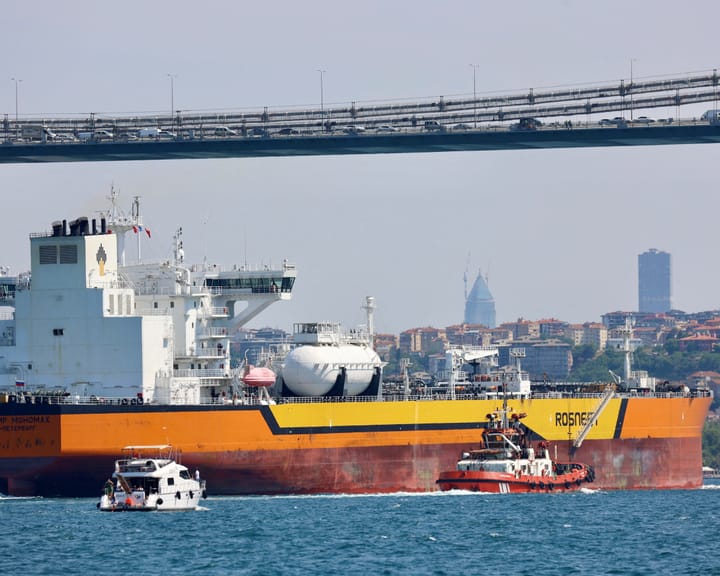Flight Narrowly Avoids Disaster After Storm Diversion
An inquiry has been launched after a Ryanair flight, struggling against severe winds during storm Amy last week, landed at Manchester Airport with only six minutes’ worth of fuel remaining.
The aircraft had been transporting passengers from Pisa, Italy, to Prestwick, Scotland, on Friday evening, but gusts reaching 100mph prevented a safe landing.
After three unsuccessful attempts, the crew of flight FR3418 declared an emergency and diverted to Manchester, where conditions were more favorable.
According to an image resembling a handwritten technical log, the Boeing 737-800 touched down with just 220kg of fuel—enough for approximately five to six minutes of flight. Aviation professionals who reviewed the data confirmed the plane had initially carried reserve fuel, in line with standard regulations.
A representative for Ryanair stated: “The incident was reported to the appropriate authorities on 3 October. As an active investigation is underway, we are unable to provide further details.”
The Air Accidents Investigation Branch (AAIB) confirmed on Thursday that it had initiated a probe after being alerted by the airline.
“The AAIB is examining a serious incident involving an aircraft redirected from Prestwick to Manchester Airport on 3 October. Investigators have started gathering evidence,” a spokesperson said.
The Boeing 737-800 can accommodate up to 189 passengers. One traveler described what appeared to be a two-hour effort to land safely, with the plane attempting twice at Prestwick before diverting to Edinburgh and finally Manchester.
“People remained composed until the descent, but the turbulence was intense—many were jolted around. During the second attempt, some grew anxious as the aircraft visibly struggled,” Alexander Marchi told the *Ayr Advertiser*.
“Then, unexpectedly, the pilot announced we were trying Edinburgh instead. That approach was just as rough as Prestwick’s second attempt—severe turbulence over the Firth of Forth forced another abrupt climb moments before landing.”
Passengers eventually reached Prestwick via Manchester, arriving 10 hours behind schedule.
An experienced pilot, after reviewing the log, remarked: “Landing with under 2,000kg of fuel puts crews on high alert. Below 1,500kg, it’s critical. This incident came dangerously close to catastrophe.”
Read next

"Nations weigh halting Russian oil and gas purchases as Trump sanctions take quick effect"
Donald Trump’s efforts to mediate peace in Ukraine may hinge on one critical issue: can the U.S. leader persuade nations to reduce their reliance on Russia’s energy exports?
Recently, Trump introduced sanctions against two of Russia’s biggest oil firms, Rosneft and Lukoil, aiming to weaken Moscow’

"Risks of centrist economics in a divided world"
Navigating the economic landscape as a centrist thinker is challenging in today’s politically charged environment, where every viewpoint is quickly categorized into rigid ideological positions. A sentiment often linked to Leon Trotsky applies here—centrist economists may avoid conflict, but conflict finds them regardless.
Take, for example, my 2016

"Bloomsbury head suggests AI aids writers in overcoming block"
Artificial intelligence may assist authors in overcoming creative hurdles, according to the head of the publishing company Bloomsbury.
Nigel Newton, founder and chief executive of the firm behind the *Harry Potter* series, suggested that while AI could support various creative fields, it would not replace well-known writers entirely.
"AI

